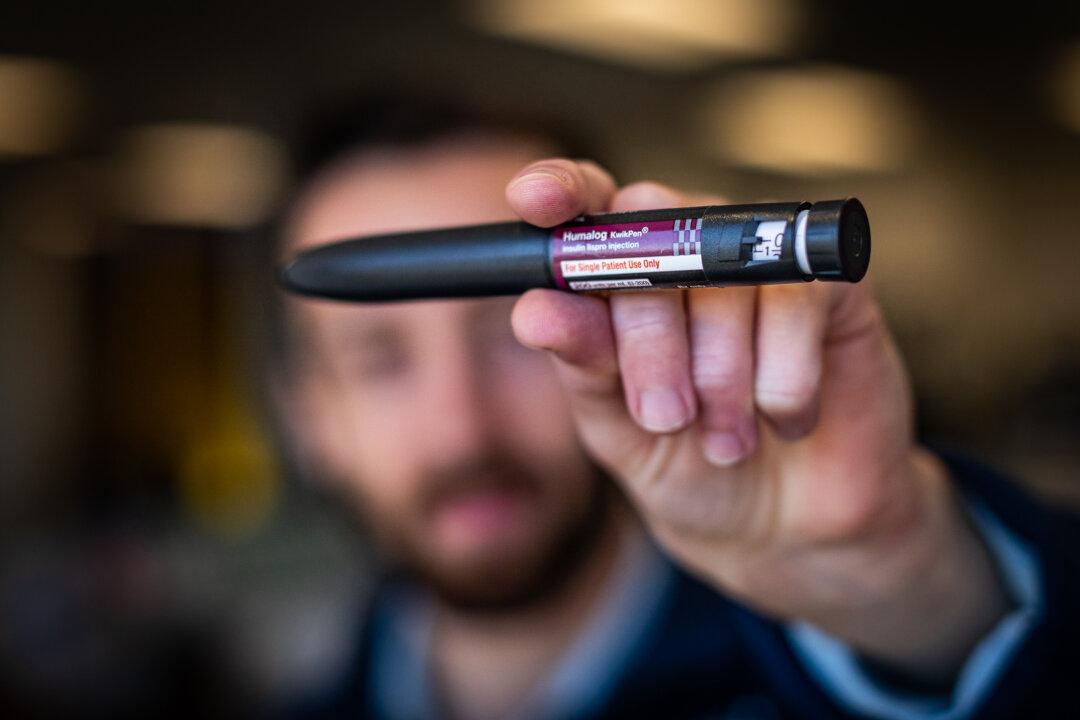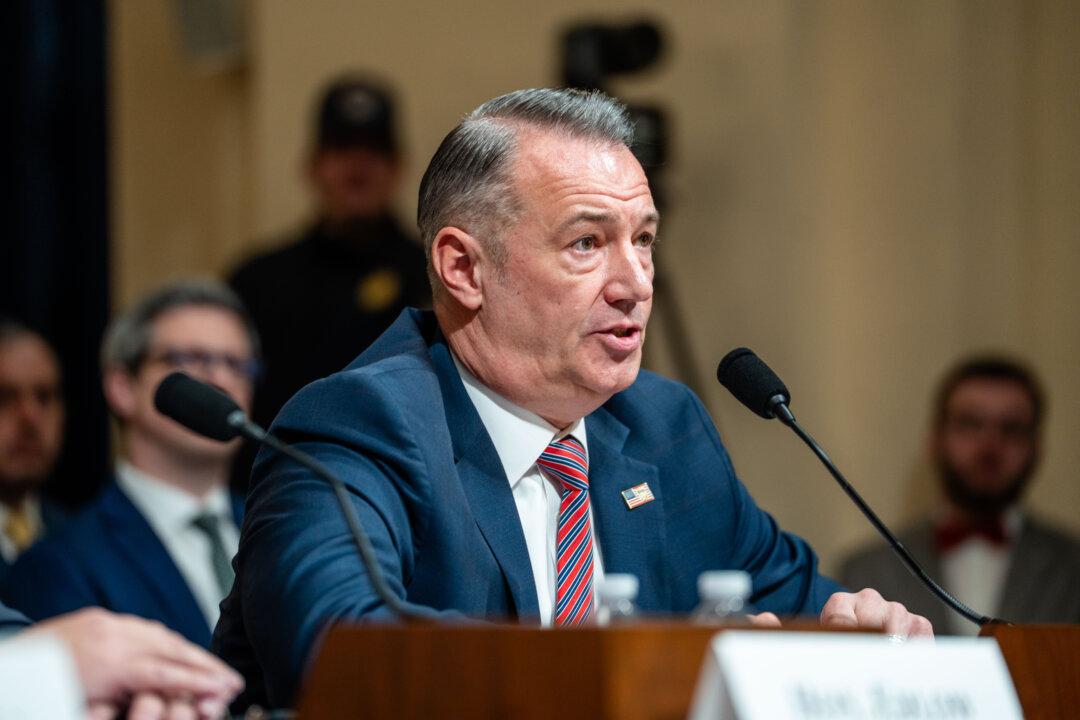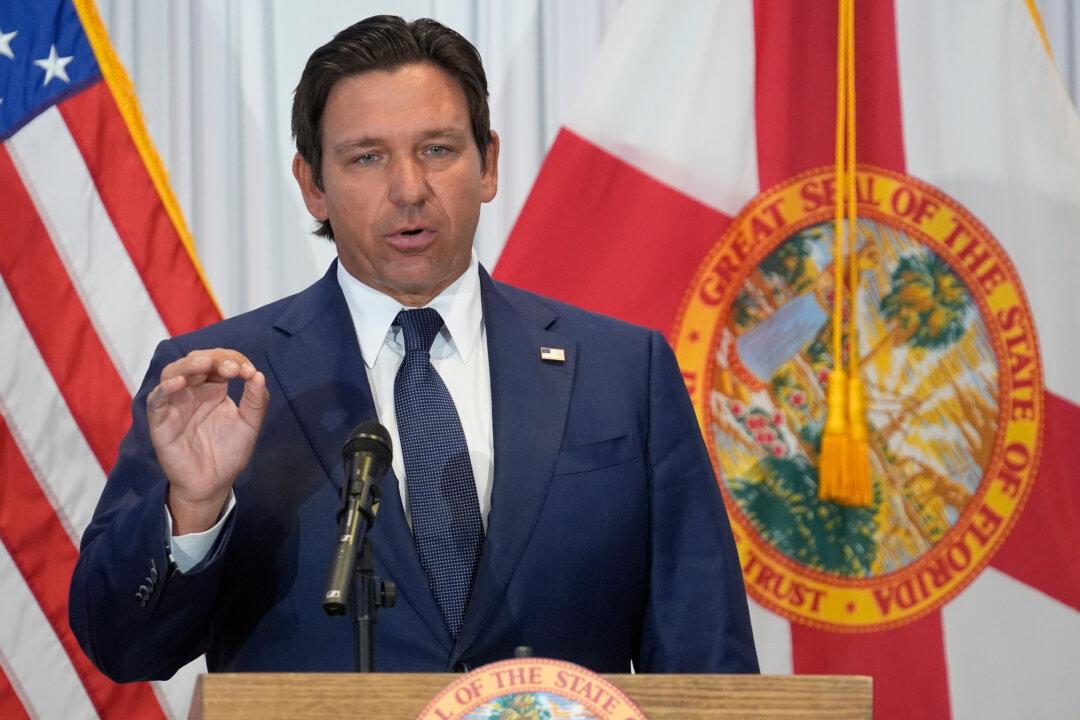California legislation that would limit the cost of a 30-day supply of insulin to $35 has passed the state Senate.
Senate Bill 90, sponsored by the American Diabetes Association and presented by Sen. Scott Wiener (D-San Francisco), was approved unanimously by the Senate May 22. The bill is now under consideration in the state’s Assembly.





